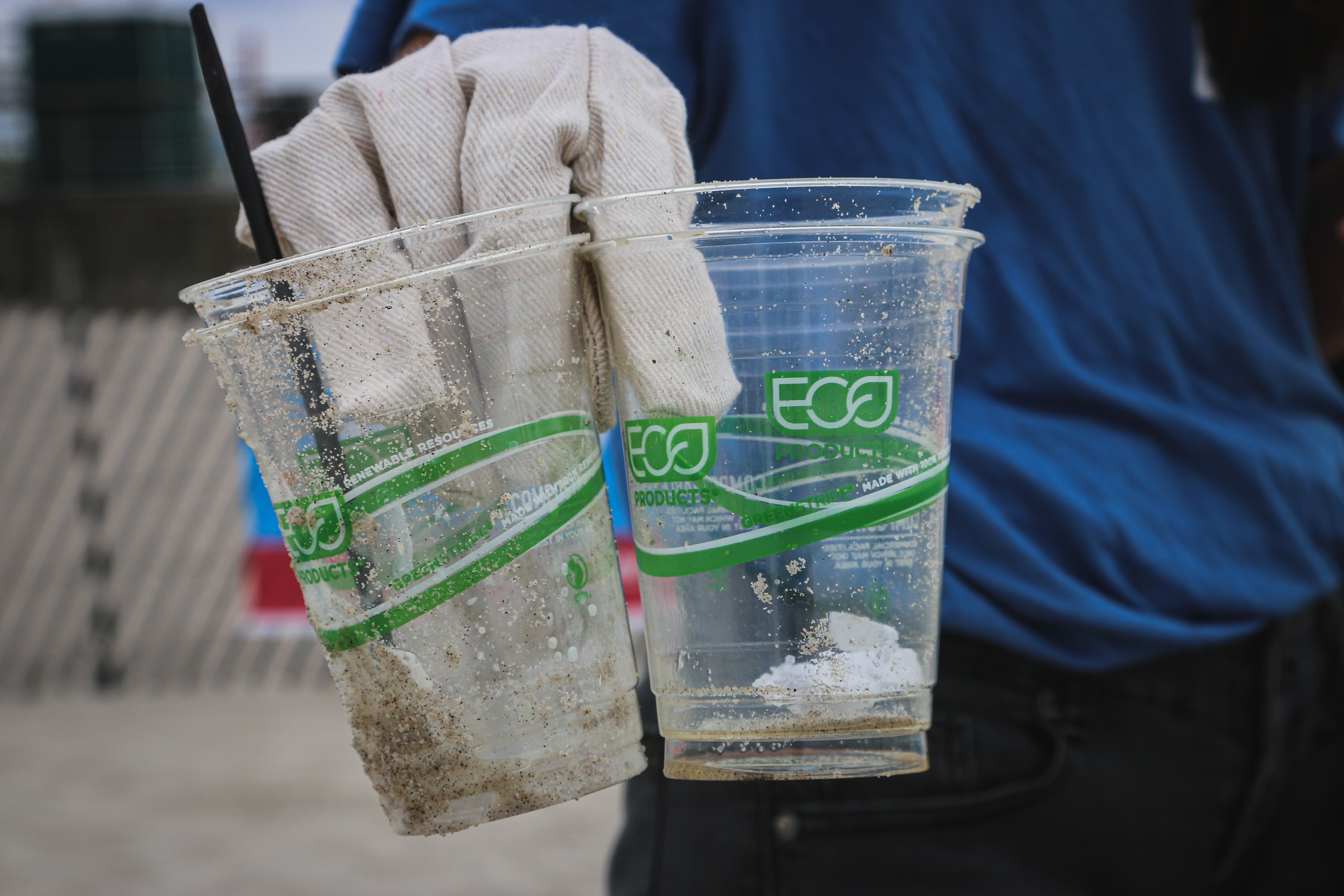

Nov 02, 2022
HSBC has just been fined by the Advertising Standards Authority (ASA) after a series of misleading adverts about their environmental impact. The fine has come off the back of a recent advertising campaign which highlighted how the bank had invested $1TN in climate-friendly initiatives, but, according to the UK watchdog, didn’t acknowledge their own significant emissions. As a result, the bank has been told they have to clearly disclose their climate impact in any future climate-related marketing.
The ruling comes after a string of fines by the ASA, all cracking down on misleading climate campaigns. Alternative milk brand Oatly has been banned for making unsubstantiated statements about their positive environmental impact, Lipton Ice Tea was fined for lack of clarity on their climate position, smoothie company Innocent were ruled to have been exaggerating their environmental impact, and Persil was fined for not backing up the claims they were making.
The ASA’s rulings have been a win for the climate-positive movement, and a serious crackdown on so-called ‘Greenwashing’. At the same time, more and more companies are engaging in greenwashing. In a time where consumers are craving political involvement and stronger values from the brands they’re investing in, it’s easy to see climate change as a marketing opportunity. But most companies with a climate goal have no plan on how to reach it. Luckily, the public and the watchdogs are becoming more aware of misrepresentative marketing and are demanding more transparency and accountability from companies. So how do you navigate this landscape successfully?

Emma Howard Boyd, Chair of the Environment Agency
As charities, social impact is the name of the game. Whatever the angle or ethos of your organisation, climate change will ultimately impact every single aspect of society. How are you making space for this in your policy?